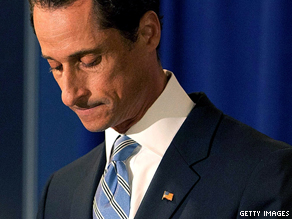In Wake of South China Sea Issues, We Should Be Concerned with Sino–U.S. Maritime Power Conflicts of Interest
China Emerging as an International Force
Zhao Chu said that many people around the globe are discussing a Chinese military threat and see China as a country with "powerful economic strength and comprehensive national strength that can be translated into national defense." While many people are currently enjoying the reality of the soaring interests of "China shares," many of those same people are also very fearful of the situation. Why? Zhao Chu believes that historically, within the Asia-Pacific region and especially between China and the United States, apart from brief military cooperation at the end of the Cold War, institutionalized military security dialogue has never existed.
Zhao Chu stated that because of historical, technological, national strength and conceptual constraints, China never began the process of large-scale aircraft carrier equipment manufacturing and utilization, but in the future this process is inevitable. He believes that China has become a great power with a wealth of national interests, saying, "We have developed an adequate self-defense force, which is fully justified and reasonable."
Citizens Should Understand Disputes from a Macro-Perspective
In recent days, the dispute between China and Vietnam in the South China Sea has become the focus of much public attention. On the South China Sea issue, Zhao Chu said that "the real dispute is with the United States because America’s global hegemony is mainly expressed through maritime power expressed through the control and domination of all major maritime areas. Currently, the majority of our naval power is focused within the South China Sea; this is in direct conflict with the U.S. military's global military strategy. In the case of this conflict, because China and the United States are both nuclear powers, and because Chinese and American interests are complexly interwoven, neither side has the ability to pressure the other into submission."
Zhao Chu believes that in the long term, the South China Sea issue can only be resolved through relying on the cooperation of relevant powerful nations and the successful establishment of reliable, trustworthy and timely multilateral mechanisms for multilateral dialogue about collective security. Regarding Vietnam's live-fire exercises in the South China Sea, he pointed out that while the island belongs to China, we should handle the issue within the context of greater international disputes. Respect for the status quo is also an important prerequisite for negotiations. He also pointed out that the South China Sea issue is not just about national interests and sovereignty, but is also about a shift in the Sino-American power structure. China cannot afford to be impatient on important issues such as how to form a balanced and stable structure.
Zhao Chu said, "China needs to project formidable national strength, but more importantly, we need to learn how to use this power more effectively, more reasonably, more accurately and more correctly."

